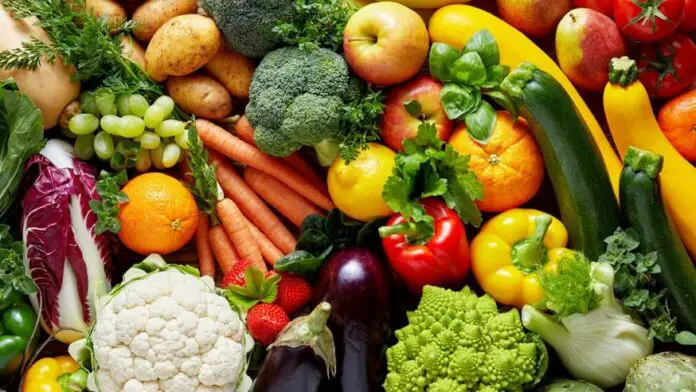Results from a UK citizens’ panel suggests people support a shift towards a healthier and more sustainable national diet including eating less meat and dairy, according to new research
The findings published as a policy brief by the Energy Demand Research Centre (EDRC) also suggest people support the need to retain freedom of choice, and recognise that a wide variety of individual diets would persist.
The UK’s new land use framework consultation, launched in January, is shining a spotlight on what we eat and how we produce it. With millions kicking off the year aiming for healthier and more sustainable diets (such as by taking part in Veganuary), the conversation is growing around the food industry’s impact on the planet, rising NHS costs from diet-related diseases, and the need for a nationwide shift in eating habits.
Researchers from Lancaster University and the University of Leeds, as part of the EDRC, are working with a ‘citizens’ panel’ to gain insight into public opinion around reducing energy demand and emissions from key sectors. The citizens’ panel of 40 people, carefully selected to reflect the UK population, discussed how food systems could evolve to benefit both people and the planet.
Panel members were asked to discuss the question: ‘What could a healthier and more sustainable national diet look like, what may prevent or support us reaching that, and how we can ensure that changes work for everyone?’ Their discussions led to the creation of a citizen-led scenario of possible futures.
The findings of their discussions, published today by the EDRC in a new policy brief ‘Engaging citizens on policy scenarios for dietary change’, suggest key public priorities and concerns.
The panel members supported reducing the amount of meat and dairy we eat as a nation, though the extent of that reduction varied across the panel. In the panel’s future scenario most people in the UK would still eat meat and dairy, but generally in smaller amounts and less often.
However, the panel identified major obstacles, including a lack of public knowledge and practical skills around healthy, sustainable eating. The panel stressed that government action is essential, not just through awareness campaigns, but by equipping people with the tools, skills, and support needed to change their everyday habits. The panel suggested this could include education in schools and skills to plan, budget for and prepare healthy sustainable food.
However, the panel was clear that governments should not impose dietary change through bans or punitive taxes, which could disproportionately affect lower-income groups. They were also keenly aware of the risks of poorly designed regulation leading to unintended consequences and negative effects on consumers, small business and farmers.
Instead, the panel favoured collaboration between the government and the food industry to make sustainable options more affordable and accessible. If voluntary action fails, strong, carefully designed, regulation should follow.
Dr Andy Yuille, from Lancaster University and lead author of the policy brief, said: “The panel as a whole supported a reduction in overall meat consumption. Although there were differences in views about the extent of this, the panel findings clearly suggest that people are open to changing their diets and, in particular, eating less meat and dairy, with parallel changes to UK farming. They recognise that this will only happen with consistent, long-term government support to help change current routines and habits. However, panel members are sceptical of any government’s ability or willingness to do this. The UK Government has an opportunity to work with what citizens want and support us to eat and farm in ways that are healthier for people and the planet.”







